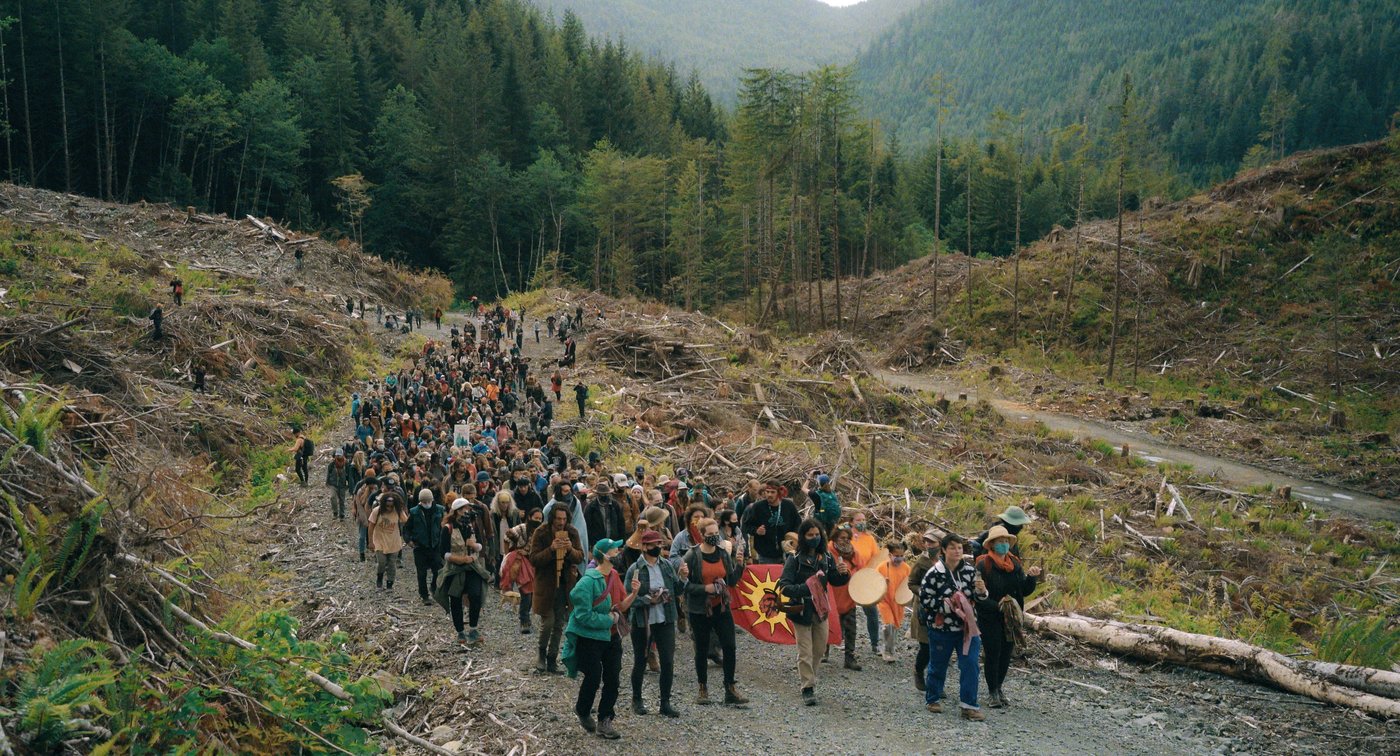Elevate your local knowledge
Sign up for the iNFOnews newsletter today!
Sign up for the iNFOnews newsletter today!
Selecting your primary region ensures you get the stories that matter to you first.

HALIFAX — A documentary on British Columbia’s Fairy Creek blockade is making waves in Nova Scotia.
“Fairy Creek” covers a period of eight months in 2021, when thousands of activists blockaded logging roads leading to old-growth forests on Vancouver Island, including the Fairy Creek watershed.
It was the biggest act of civil disobedience in Canadian history.
The documentary won the Best Canadian Feature award at the Planet in Focus Film Festival in Toronto this summer, and screened at Montana’s Big Sky Documentary Film Festival.
Now, it’s getting a Nova Scotia debut with screenings in Halifax, Tatamagouche, Inverness, Annapolis Royal and Wolfville. There will be two showings in Halifax on Monday.
Neal Livingston, an executive producer and Nova Scotia filmmaker, says he’s proud to see the excitement Nova Scotians have for the film and the connections they are making to the material.
“(Fairy Creek) was insane to me, because you’ve got people stopping everything they’re doing in their lives and living at these protest sites, with thousands of people showing up,” Livingston said from his home near Mabou. “We don’t have a history of that (in Nova Scotia) but I think it’s amazing for people to see that here.”
Livingston says the film is especially timely for Nova Scotians, as activists in Cape Breton say they have been targeted by recent legislation.
In September, activists set up camp at Hunter’s Mountain in Cape Breton, protesting against clear cutting of the forest there.
That month, the province introduced an omnibus bill that would make blocking forest access roads illegal and come with a fine of up to $50,000 and/or six months in jail. This fine is a steep increase from the current $2,000 penalty.
When the bill was introduced, former natural resources minister Tory Rushton said that the province had no objection to peaceful protests, but that the legislation was introduced at the request of conservation officers and meant to keep people safe around heavy equipment.
At the time, protesters told APTN they believed the bill was aimed at them, and that they had no plans to move, regardless of legislation.
The film’s director, Jen Muranetz, says putting together this type of immersive documentary took years. Now she’s able to see audiences connect to the material in new ways.
“We’ve had two screenings so far in Nova Scotia, and both of them have been really powerful, because we’ve been able to bring Mi’kmaq land defenders in to speak on a panel afterwards,” Muranetz says. “The message about environmental direct action movements can span from one coast to the other and people are able to find their own story in it.”
Livingston says the film captures a breaking point of sorts.
In one scene, a man sits with his hand chained inside of a log, acting as a human shield against forestry equipment. “He’s sitting there, and he says ‘We did everything right. Everybody did the right things. They wrote to the government, they talked to the government, and nothing got anywhere. That’s why we’re here.”
This report by The Canadian Press was first published Oct. 26, 2025
This site is protected by reCAPTCHA and the Google Privacy Policy and Terms of Service apply.
Want to share your thoughts, add context, or connect with others in your community?
You must be logged in to post a comment.